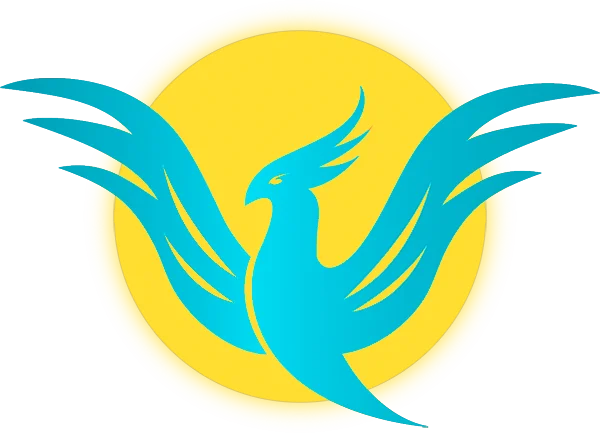Frankly, the phrase I hear from concerned parents, probably, not less than once a week. And though not always can agree with the fact that you can speak about the presence of a full dependency, a concern of parents that the child spends too much time in front of various screens, it is justified.
In my opinion, the task of parents is to determine the rules for use of gadgets and the time the child can spend a day on TV and computer games.
But it is important to remember that restrictions will not solve the problem. Playing the game, the child appears in a very special world, which is often much brighter than its everyday life. Becoming a great magician or warrior, freckle-faced second-grader could meet the need for reassurance that he did not get to meet in reality.
What conclusion follows from this? When we limit the time for computer and TV, you need to offer the child an alternative. Ideally more or less equal. Sometimes this can help a psychologist. Tell for example how we worked on this topic with 11-year-old Zhenya.
Jack talked about their favorite games and, most importantly, on the mood state, which gives him the game. We have tried to explore this state, to know him better. For this I used the metaphoric cards: Jack found a vast array of pictures the one that is most similar to its status during the game. We examined the map, talked about it. Then used the technique of drawing around the card: the selected card is placed at the center of a sheet of paper and around it creates a picture that is as if a continuation card; the card is then removed and filled the remaining empty space. The result is a better feel for the map-related emotions and experiences.
it Turned out that Zhenya's important in the game – a sense of victory, its power of inspiration. And then we took a piece of paper and began to make a list of a variety of other ways by which you can "catch" the same emotions. And the list, I must say, is pretty large and varied: from participating in the competition (Jack swims) before felting in the snow and loud screams. It is clear that the full implementation of such alternatives in the life of the child not to do that. In this he can be very good to help parents. But it is to help, rather than trying to solve the issue exclusively off the Internet and lock your tablet in a drawer.
